Celeste Headlee speaks on how race impacts your experience in the workplace

A few minutes every morning is all you need.
Stay up to date on the world's Headlines and Human Stories. It's fun, it's factual, it's fluff-free.
How does your race impact your experience in the workplace, pre-pandemic and during? Sloppily written signs hang in the windows of our local restaurants, boutiques and shops. They read, “Closed for the day…Low on staff,” or “Closed early for employee appreciation.” The sloppy signs pale in comparison to the neatly composed “We’re hiring” pleas.
Why, if nearly every institution seems to be hiring, is there a labor shortage? In short, employees desire better working environments and conditions that balance their personal and professional lives. While workers of all races experience stress from their work culture, people of color suffer the most.
Celeste Headlee, an award-winning journalist, professional speaker and New York Times bestselling author, joined TMS for a conversation about toxic productivity, racial dynamics before and during the pandemic and how these intersect. Coincidentally, two of her books cover both of these topics.
Headlee’s “Do Nothing: How to Break Away from Overworking, Overdoing and Underliving” came out at the genesis of COVID-19. “Do Nothing” examines how society teaches us to prioritize perpetual performance over our well-being. Her next book, “Speaking of Race: Why Everyone Needs to Talk About Racism–and How to Do It,” releases this November and chronicles how to have productive conversations about race.
Speaking of race …
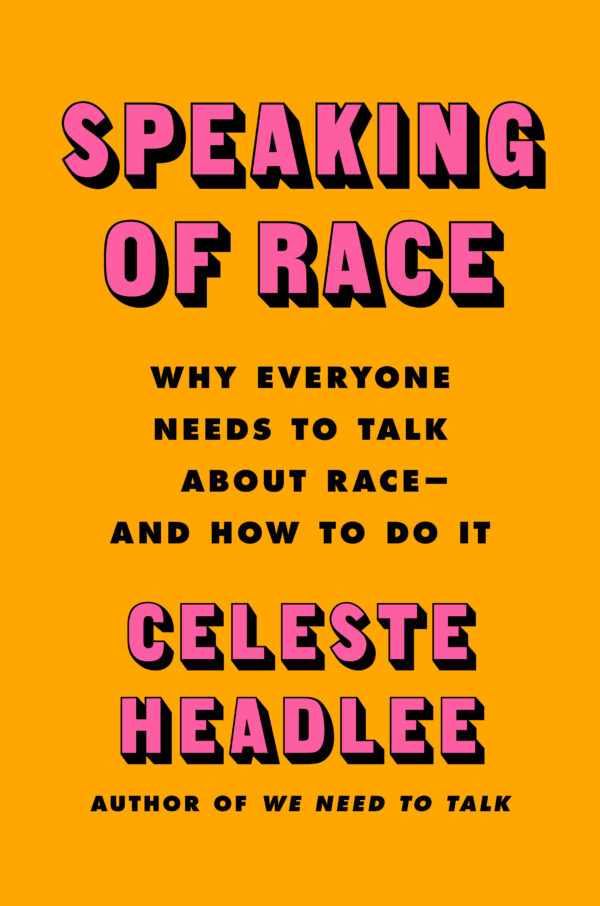
Following the murder of George Floyd, Headlee’s publicist at HarperWave reached out and asked her to join the dialogue on racism in America. The interest in critical race theory had spiked by that time, with a considerable uptick in sales on critical race books and books by Black authors.
“I said ‘no, thank you,’” admits Headlee, “because when you write about race, a few things happen … 50% of people aren’t going to like it. The other thing is that once you write about race, sometimes that means you will not write or talk about anything else for the rest of your career. And frankly talking about [race] is emotionally exhausting for a person of color.”
The fatigue marginalized groups experience due to the emotional labor of educating more privileged groups deters many from participating in these conversations. In addition, platforms and formats open to ridicule, such as social media and traditional publications, place an even greater burden on the source. Historically, even when marginalized groups contribute their voices, privileged demographics either silence or ignore them. Yet in a month’s time, Headlee’s “Speak of Race” will the market.
The conversations we need to have
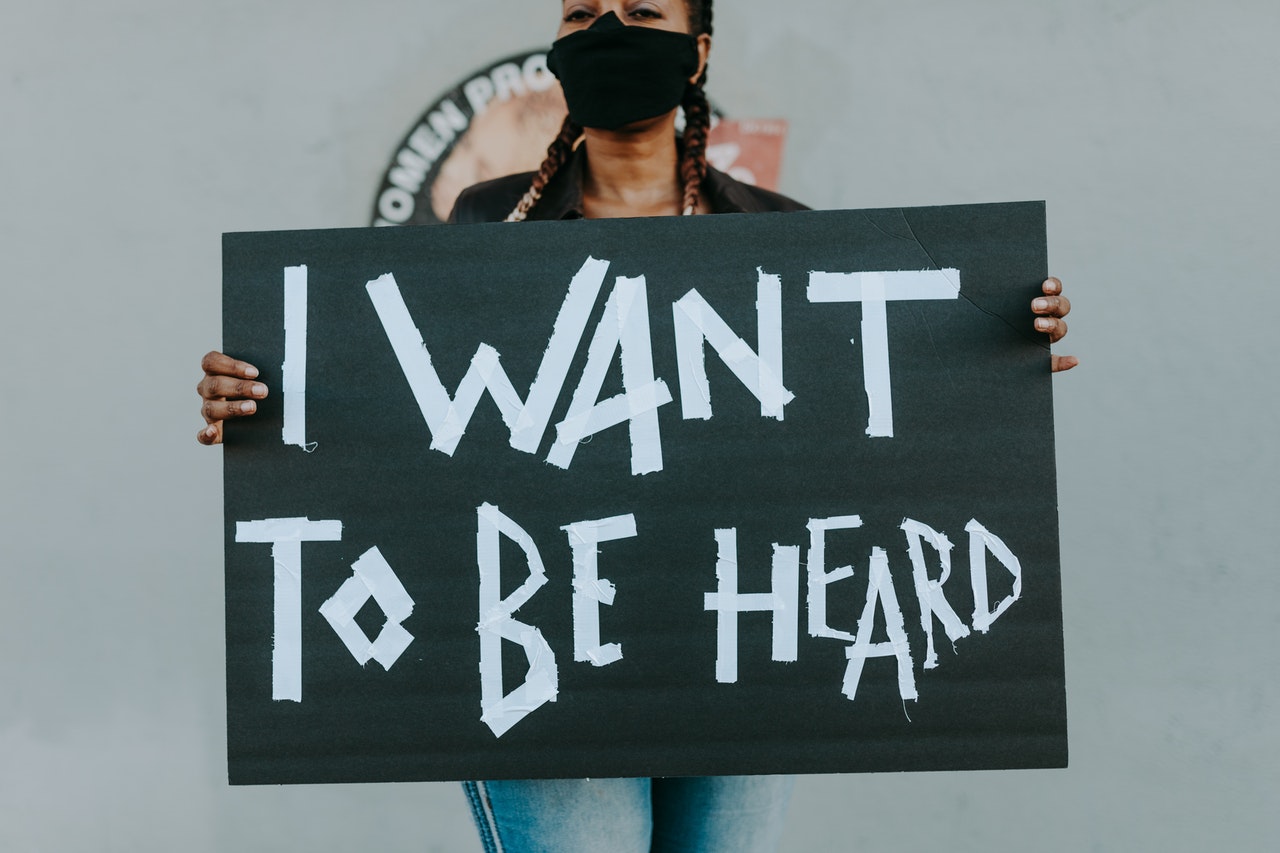
“As the months went on, I saw how badly the conversations were going, and I saw people of color who were frustrated,” says Headlee. “They just didn’t want to explain again and again and again why you can’t touch their hair. They were frustrated because they didn’t want to be Google for the sincere white person. And I saw white people who wanted to have the conversation, but kept mucking it up. I kept seeing these two sides who needed to be talking to one another not talking.”
Conversations within racial demographics, such as within a white family or a Latinx family, were also not happening. In a divisive political climate arguably designed to alienate one another, families, friends, colleagues and more lean toward avoidance tactics.
“We got around to Thanksgiving of last year and all I saw were these stories about people who were avoiding their family members who didn’t agree with them on the BLM protest,” says Headlee. “And that part I can do. I can tell you how to have this conversation without getting into an argument.”
When boiling her book “Speaking of Race” down to a kernel of advice, Headlee encourages people to ask more questions than make statements. “Your point in these conversations is never to educate somebody else, or convince them, or change their mind or anything else,” says Headlee.
“What you need to do is open up your mind and start asking questions that help you learn from them. Studies show that this also happens to be the best way to open somebody else’s mind up, by asking these questions and forcing them to walk through their ideas and principles and explain what they mean.”
Do nothing …
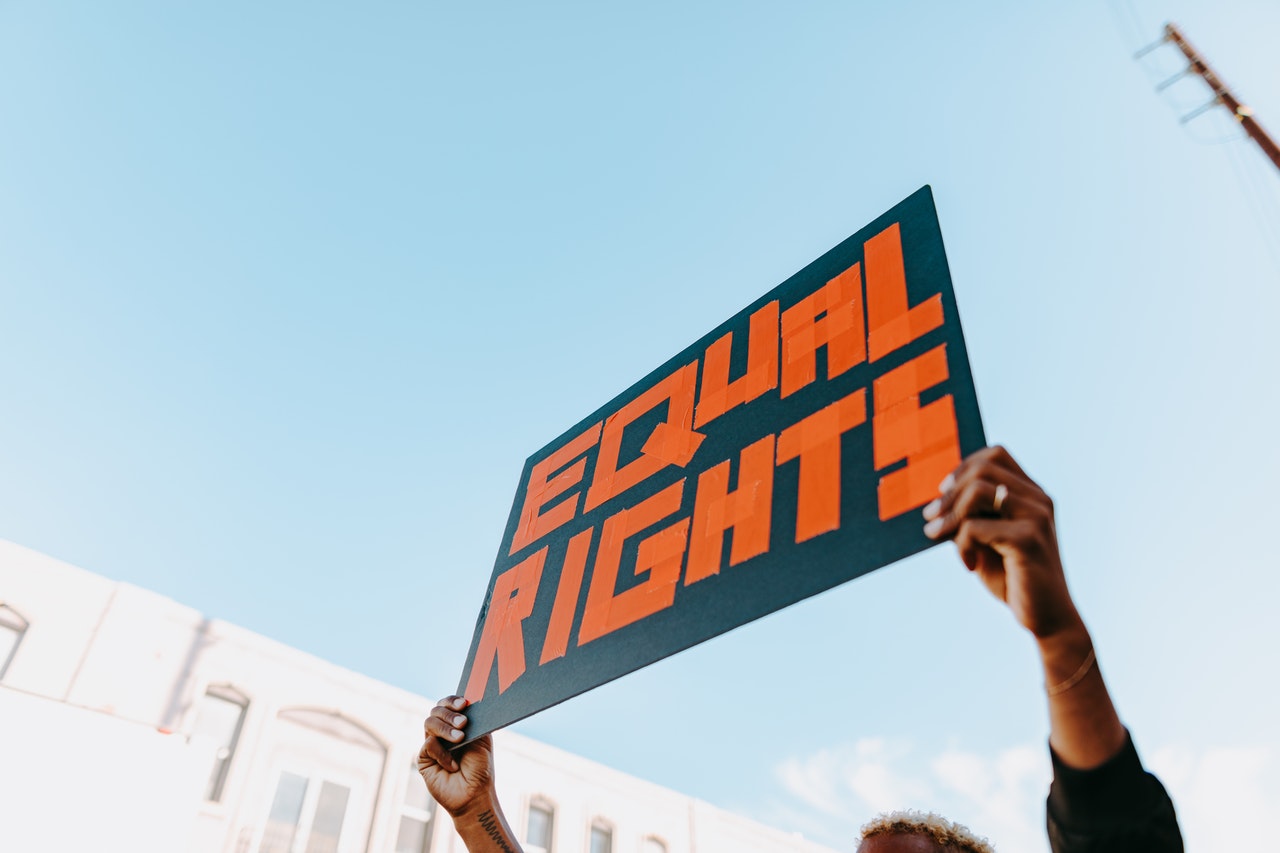
Headlee offers diversity and inclusion training for businesses, and she described the response in 2020 as “feverish.” With that fever came caution on Headlee’s part.
“I didn’t want to be their liability coverage,” says Headlee. “The companies that I work with have to be willing to make a substantive change, and not all companies are ready and willing to do that. When you’re talking about systemic racism you’re talking about changing systems and policies and workflows that have existed for quite some time.”
People of color experience disadvantages in most aspects of life, including the workplace, due to the pervasive nature of racism. “Pretty much any disaster in this country, be it the Great Recession, whether it be the pandemic, it’s gonna hit people of color harder,” says Headlee, “because their communities, by design, are more fragile.
“They are less supported. There’s a vast disparity in employment numbers, there’s a vast disparity in wealth, meaning that people of color didn’t have those financial cushions. Often they don’t have family members who can step in and help bridge the gaps between paychecks.”
Our society is built in favor of “default” identities of privilege. Men are the default. White is the default. When determining how to structure workplaces, people in power consider these identities first and foremost. This holds true for health care systems and academic settings. Even with car crash simulations, technology and tools are designed with men in mind, as if other bodies don’t exist.
“One of the things I talked about in my book ‘Do Nothing’ is how the worship of hard work is at this point hurting everybody,” says Headlee. “But one of the chapters is focused on how it hurts women more. This was true before the pandemic. The last line of that chapter is ‘lean out ladies.’ And that’s not happened. People who were already suffering suffered more and had to work harder and harder to make those ends meet.”
The toll of racism in the workplace
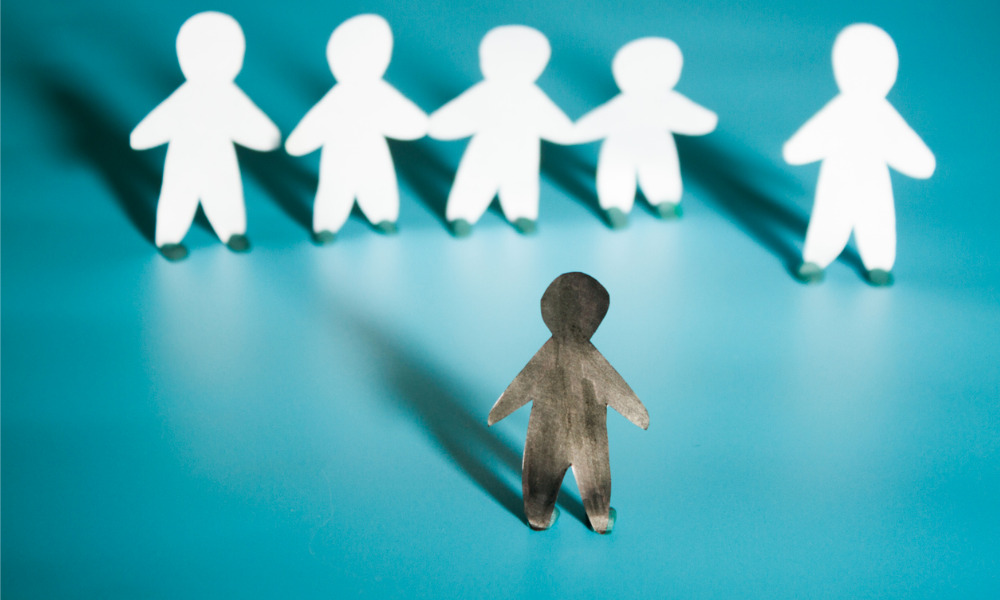
Imagine waking up with the knowledge that the systems in which you live actively work against you. For example, you have limited access to health care, you’re racially profiled in your local bodega and you have to work in a predominantly white office. The combination of daily racism and generational trauma has led to disproportionately shorter life spans for people of color within America.
“We know that having to encounter microaggressions and systemic racism on a daily basis is incredibly stressful,” says Headlee. “Black Americans die younger than Africans do. Speaking in very broad strokes, we’re talking about one who is having to encounter racism on a daily basis and another who probably isn’t. That’s the kind of toll that it takes.
“That daily stress puts you into a constant state of fight or flight mode. It means your amygdala takes over just to help you cope … And we know this neurologically speaking, physiologically speaking – I’m not speaking metaphorically at all. We’re talking about a large population who are walking around in a constant state of defending from an attack.”
Reimagining the workplace
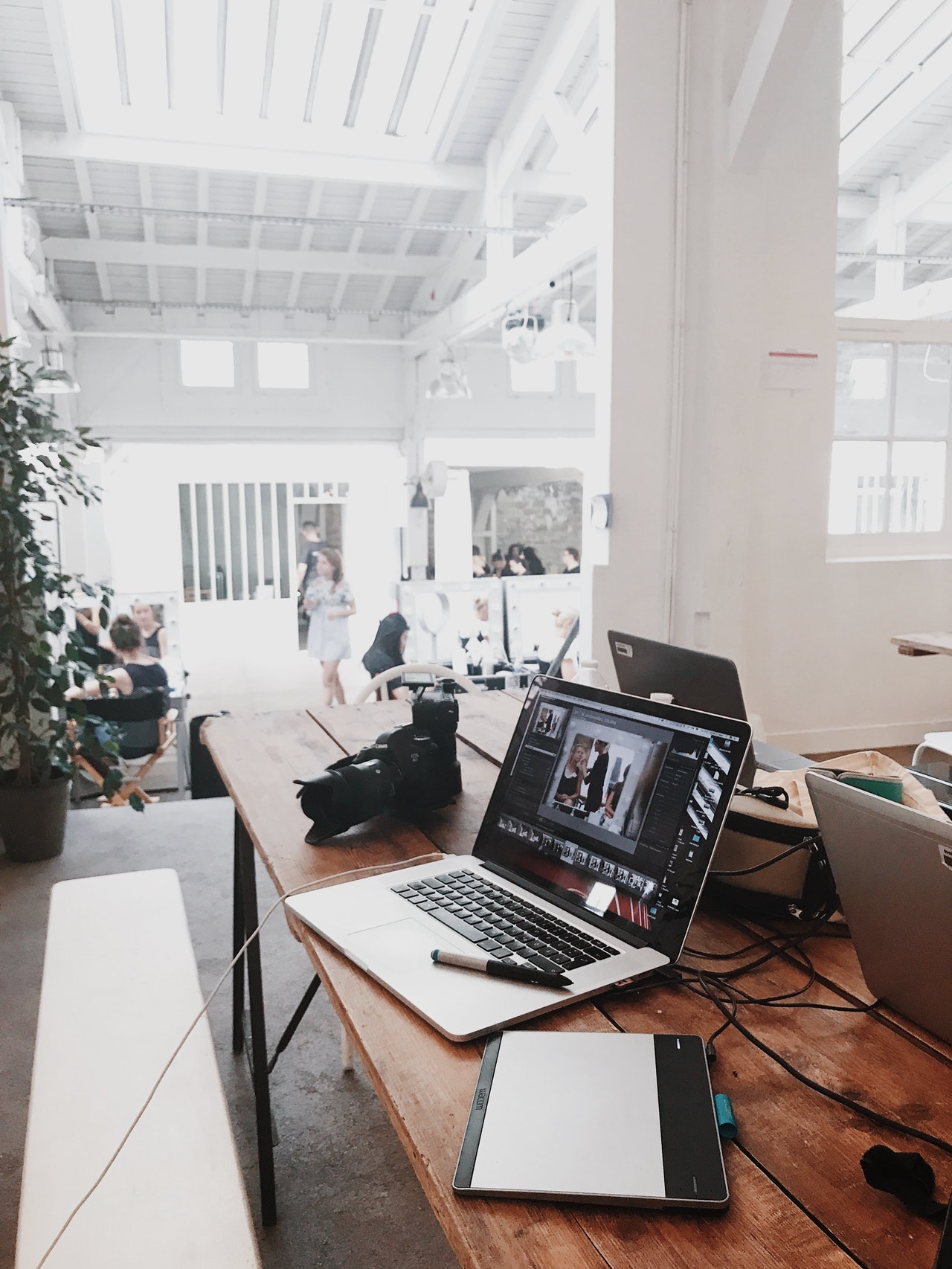
Some students and employees initially felt relief at the prospect of remote education and work. They associated remote life with more family time and more time for personal pursuits. But, instead, remote life in the pandemic took an even greater toll than business as usual pre-pandemic.
“There’s some recovery that has to happen at this point, and it worries me to see some of these headlines about corporations who are saying, ‘no, absolutely not, everyone is coming back into the office,’ and not understanding the flexibility and care that needs to happen for people to recover,” says Headlee.
“We were already in a very bad position before the pandemic began. I started ‘Do Nothing’ in 2017. Years before the pandemic. And it happened to come out right as the pandemic was falling. I was trying to call attention to these toxic habits and our values, our principles, that are actually having a devastating effect on our health. The life expectancy in the US has gone down for several years in a row, and one of the study authors asked the doctor what it is that’s ending people’s lives and he said despair. And again, this is pre-pandemic.
“So when you talk about what measures we need to take in order to recover from the pandemic, we need to push the reset button. We don’t need to get back to normal. We need to swipe the slate clean and say, ‘OK, we were gonna get rid of all the other habits and workflows and procedures and policies we had before, many of which coincidentally or by design included a great deal of system racism and sexism.’”
What would total reimagination of the workplace look like? Starting without preconceptions of what a typical workday should be, what would your daily routine ideally look like? To take the necessary steps to regain our power in our personal and professional lives, we have to start from the beginning.
Visit Celeste Headlee’s website for more information on her work and “Speaking of Race,” releasing November 2.
Have a story to share? Get in touch at contributors@themilsource.com


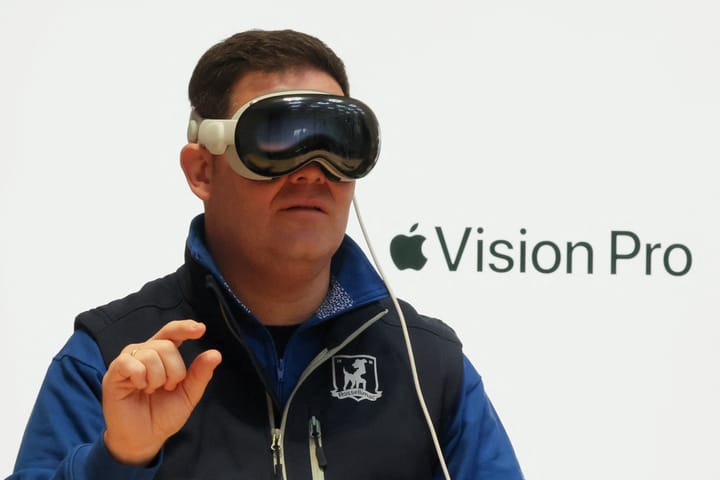

Comments ()